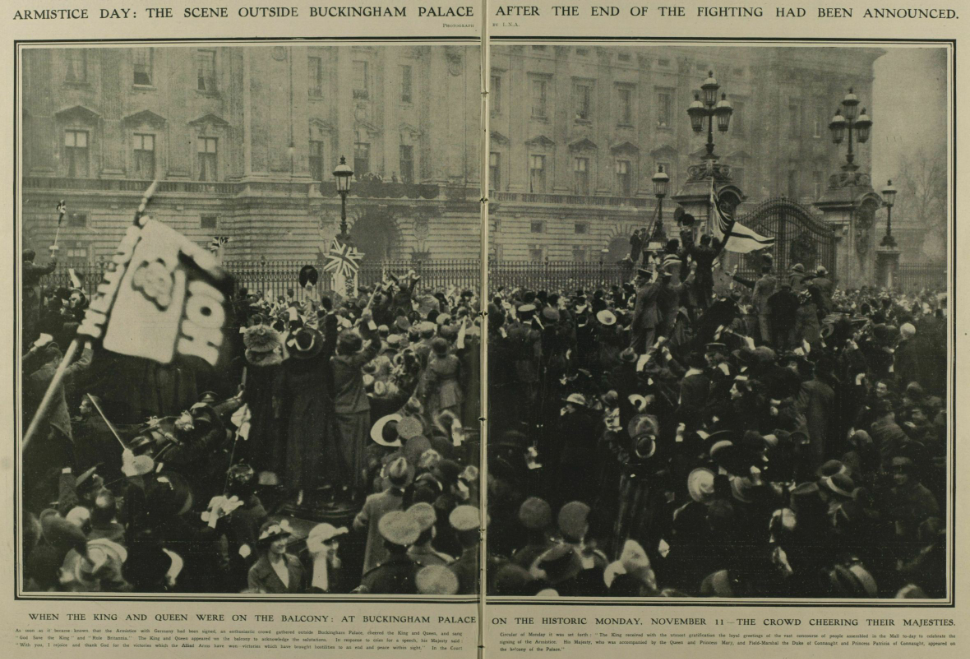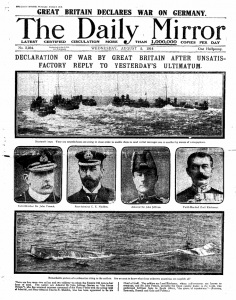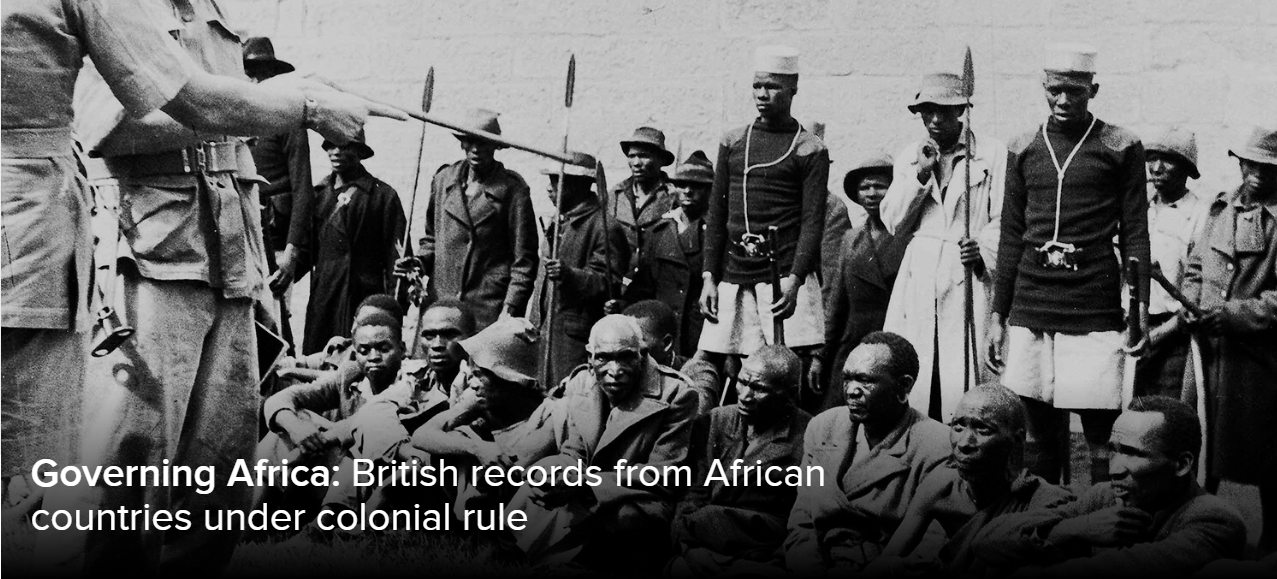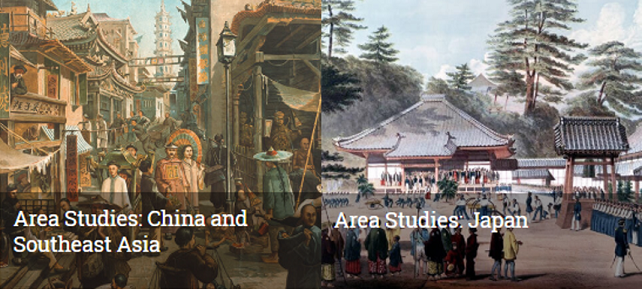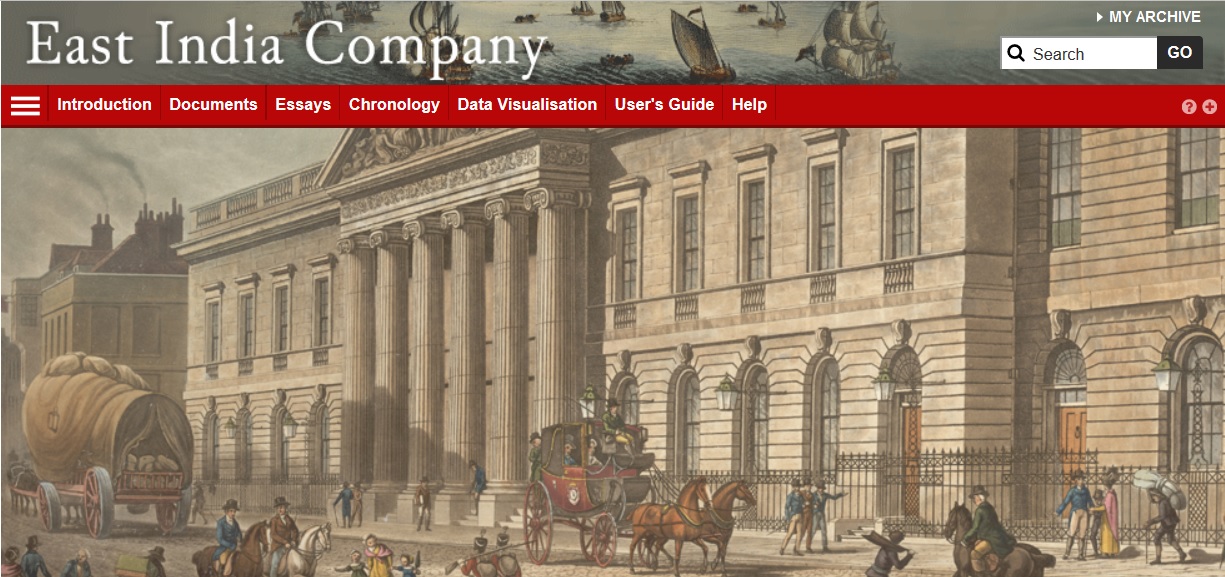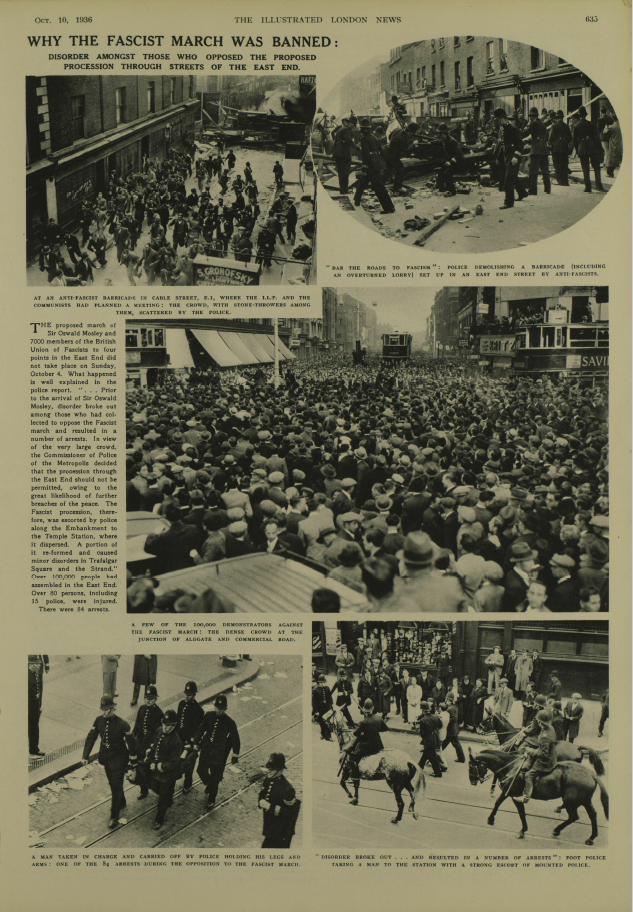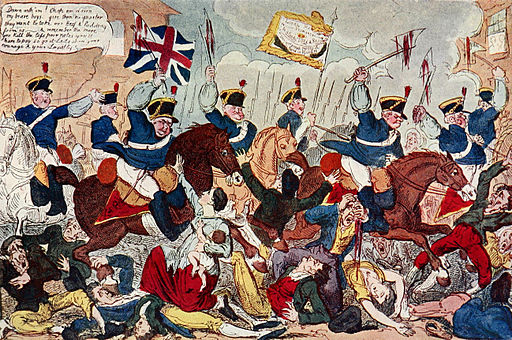Thanks to recommendations from members of staff and requests via RAB from students the Library is continually adding new books to its collections both online and in print. Here are just a (very) small number of the books that have been added to the Library’s collections in semester one, 2018/19 for the School of History, Classics and Archaeology and these demonstrate the wide range of subjects being taught, studied and researched within School.
–> Find these and more via DiscoverEd.
 Agent of change: print culture studies after Elizabeth L. Eisenstein edited by Sabrina Alcorn Baron, Eric N. Lindquist, and Eleanor F. Shevlin (shelfmark: Z124 Age.)
Agent of change: print culture studies after Elizabeth L. Eisenstein edited by Sabrina Alcorn Baron, Eric N. Lindquist, and Eleanor F. Shevlin (shelfmark: Z124 Age.)
Pomodoro!: a history of the tomato in Italy by David Gentilcore (shelfmark: TX803.T6 Gen.)
From frontiers to football: an alternative history of Latin America since 1800 by Matthew Brown (shelfmark: F1410 Bro. Also available as e-book).
Neolithic bodies edited by Penny Bickle and Emilie Sibbesson (shelfmark: GN776.2.A1 Neo.) Continue reading “New books in the Library for History, Classics and Archaeology”
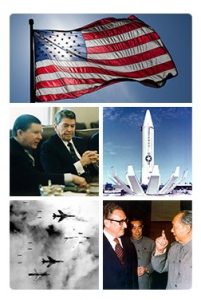 *The Library has access to Argentina, 1975-1980: The Making of U.S. Human Rights Policy until 31st July 2024 as part of
*The Library has access to Argentina, 1975-1980: The Making of U.S. Human Rights Policy until 31st July 2024 as part of 
